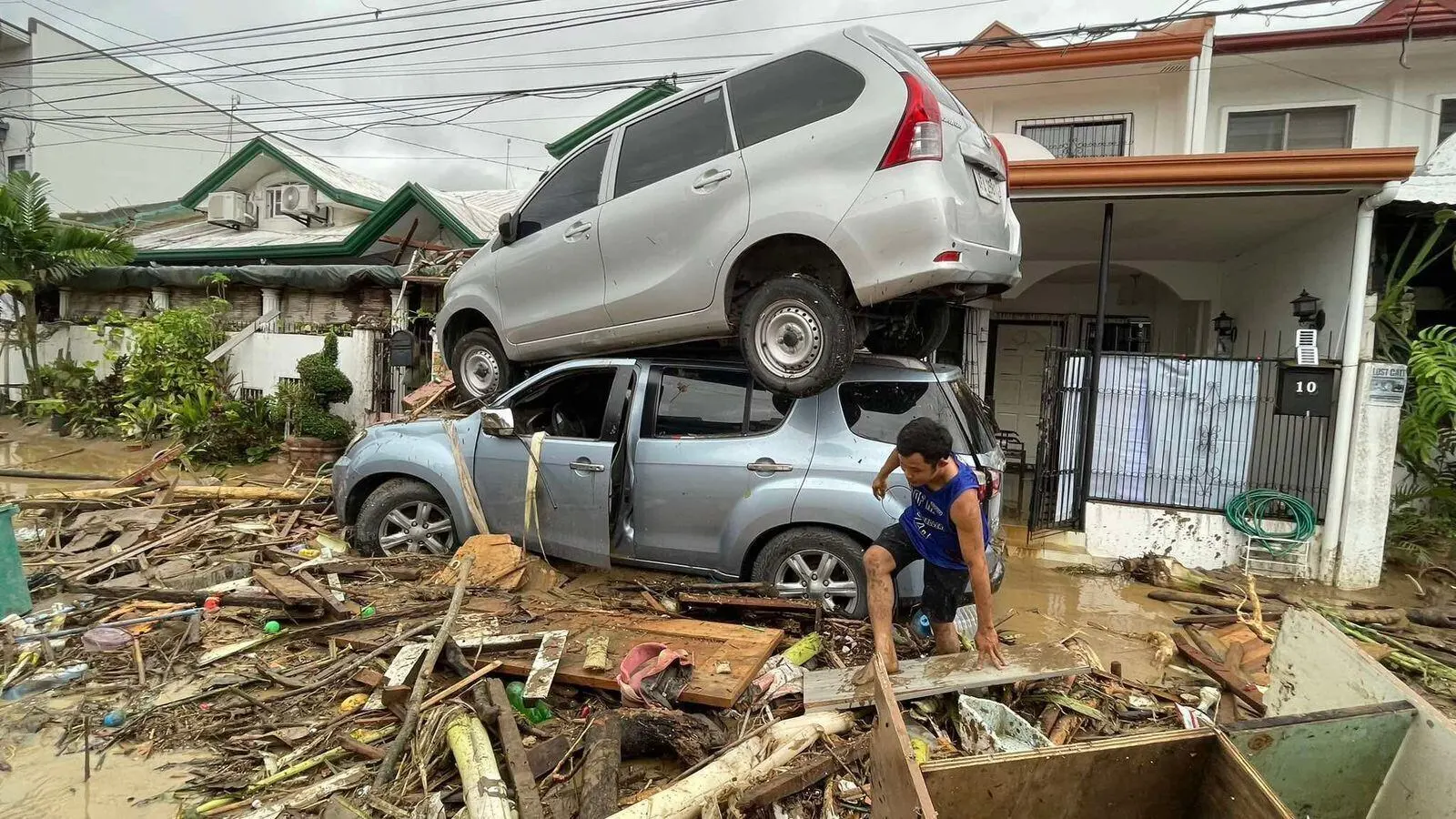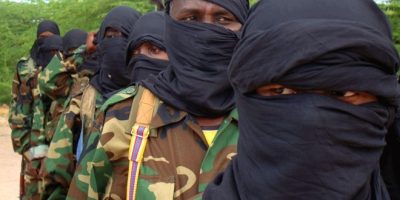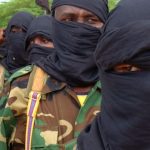Typhoon Kalmaegi has made landfall in central Vietnam with strong winds and heavy rain, after killing at least 142 people across the Philippines.
Kalmaegi — one of the world’s deadliest cyclones this year — crashed into Gia Lai province late on Thursday, packing sustained winds of up to 149km/h (92.5mph) with much faster gusts, the Ministry of Natural Resources and Environment said.
“The wind is so so strong, nothing can resist,” Vu Van Hao, 48, told the news wire AFP as he surveyed the shards of windows shattered by the storm in the lobby of a hotel in Gia Lai.
The storm produced waves as high as 10 metres (33 feet) as it hit the central region’s coast, according to Vietnam’s national weather forecaster.
“We here have never experienced such strong wind like this. It’s a natural disaster, what can we do?” Vu Van Hao told AFP.
Before hitting Vietnam, the typhoon wreaked devastation across the Philippines, killing at least 142 people, and leaving another 127 people missing, as President Ferdinand Marcos Jr declared a state of emergency and warned of another incoming super typhoon.
The national civil defence office on Thursday confirmed 114 deaths, though that tally did not include an additional 28 recorded by Cebu provincial authorities. More than 500,000 Filipinos remain displaced.
The typhoon is so far the globe’s deadliest of 2025, according to disaster database EM-DAT.
“This is a huge typhoon with terrible devastating capacity,” Pham Anh Tuan, a senior official in Vietnam’s Gia Lai told AFP. More than 7,000 people had been evacuated in the area as of Wednesday night.
As Vietnam prepared for the storm, the government said it had placed more than 268,000 soldiers on standby for search and rescue operations. It warned of floods in low-lying areas and impacts on agriculture, including in the Central Highlands, the main coffee-growing region.
Schools closed Thursday and Friday in Gia Lai and Quang Ngai provinces, and more than 260,000 people in Gia Lai province had been evacuated, the government said.
The country also closed six airports, forcing authorities to cancel hundreds of flights.
Vietnam is in one of the most active tropical cyclone regions on Earth and is typically affected by 10 typhoons or storms a year, but Kalmaegi is set to be the 13th of 2025.
The country is still recovering from severe flooding in late October that affected thousands of households. The Environment Ministry said October’s rain caused more than 150 landslides, inundated 2,200 hectares (5,400 acres) of crops and flooded 103,525 houses. (BBC News)
















